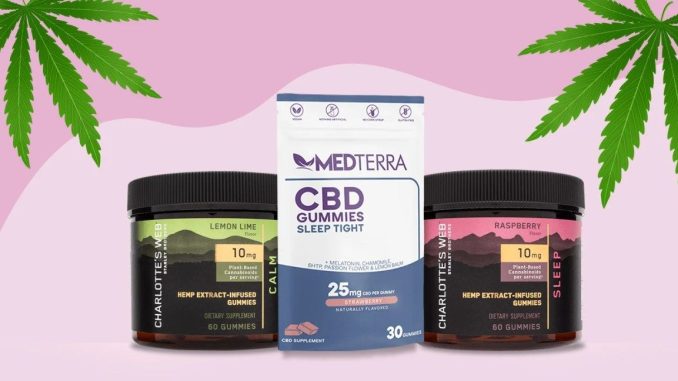
Anxiety and stress are common issues that affect millions of people worldwide. While there are several pharmaceutical options available for managing these conditions, many individuals are turning to a natural alternative – CBD (Cannabidiol). CBD, a non-psychoactive compound found in cannabis plants, has gained significant attention in recent years for its potential therapeutic benefits. This article explores the use of CBD for anxiety and stress relief.
What is CBD?
CBD, short for Cannabidiol, is one of the many active compounds found in the cannabis plant. Unlike its counterpart THC (tetrahydrocannabinol), CBD does not produce a psychoactive effect. Therefore, it will not cause the “high” commonly associated with marijuana use. CBD interacts with the endocannabinoid system in the body, which plays a crucial role in regulating various functions such as mood, sleep, appetite, and pain perception.
How Does CBD Help with Anxiety and Stress?
Research suggests that CBD may offer potential benefits for individuals struggling with anxiety and stress. CBD interacts with serotonin receptors in the brain, which are responsible for regulating mood and emotions. By influencing these receptors, CBD may help reduce anxiety levels and promote a sense of calmness and relaxation.
Furthermore, CBD may also have anti-inflammatory properties, which can help combat stress-related inflammation in the body. Chronic stress can lead to inflammation, contributing to various health issues. By reducing inflammation, CBD may help manage the physical symptoms associated with stress.
Case Studies and Research Findings
While more research is needed to fully understand the effects of CBD on anxiety and stress, several studies have shown promising results. In a 2019 study published in The Permanente Journal, researchers found that anxiety levels decreased in 79.2% of participants after one month of CBD treatment. Another study conducted in 2015 suggested that CBD could be effective in reducing social anxiety.
Moreover, a review published in Neurotherapeutics in 2015 analyzed the existing preclinical and clinical data on CBD’s potential for treating anxiety disorders. The researchers concluded that CBD has significant potential as a treatment for multiple anxiety disorders, including generalized anxiety disorder, panic disorder, obsessive-compulsive disorder, social anxiety disorder, and post-traumatic stress disorder.
How to Use CBD for Anxiety and Stress Relief
There are various forms of CBD available, including oils, capsules, edibles, and topicals. When using CBD for anxiety and stress relief, it is essential to start with a low dosage and gradually increase it until the desired effects are achieved. It is recommended to consult with a healthcare professional before incorporating CBD into your wellness routine, as they can provide guidance tailored to your specific needs and circumstances.
Additionally, it is crucial to choose high-quality CBD products from reputable sources. Look for products that are third-party tested to ensure their safety, purity, and potency. Reading customer reviews and checking for certifications can also help determine the reliability of a brand.
Potential Side Effects and Considerations
In general, CBD is well-tolerated by most individuals. However, like any supplement or medication, CBD may cause side effects in some people. Common side effects include dry mouth, drowsiness, changes in appetite, and diarrhea. It is important to note that CBD may interact with certain medications, so it is crucial to inform your healthcare provider about any medications you are taking before starting CBD treatment.
Conclusion
CBD shows promise as a natural alternative for managing anxiety and stress. While more research is needed to fully understand its effects and long-term safety, several studies suggest that CBD may help reduce anxiety levels and promote relaxation. As with any supplement or treatment, it is essential to consult with a healthcare professional before incorporating CBD into your routine, especially if you have any underlying medical conditions or are taking other medications.
